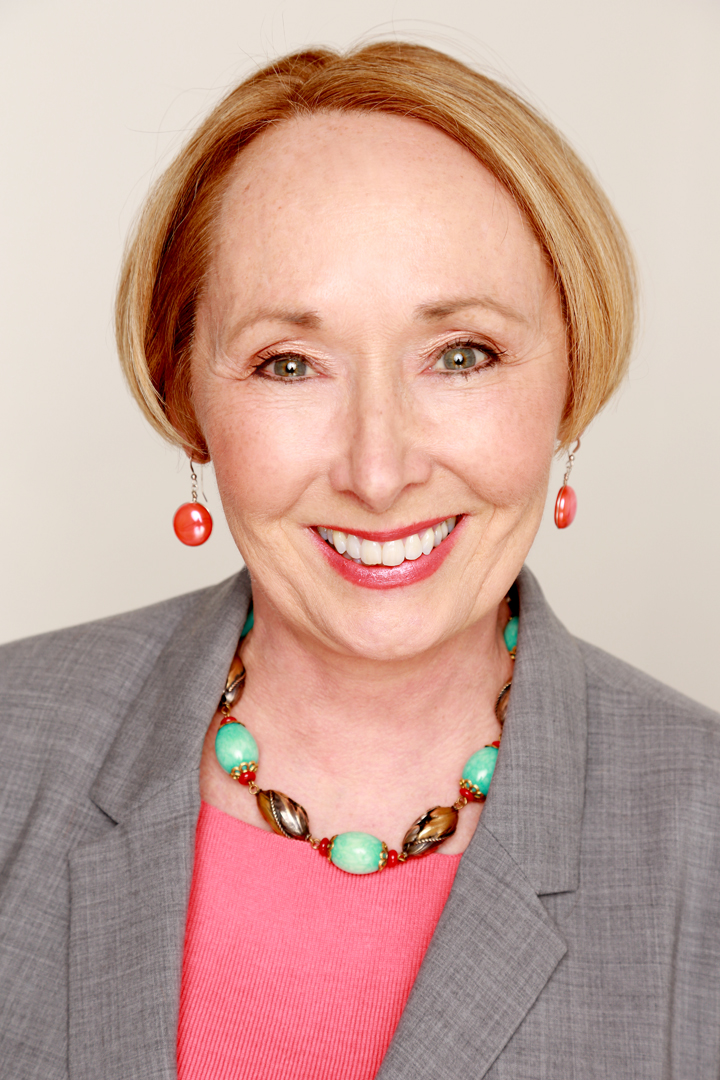A high-pressure, high-stakes environment like Stanford can sometimes make a person doubt themselves and think “I’m not good enough, I don’t belong here” or “I’m not really that smart.”

Dr. Valerie Young is an expert on impostor syndrome and will discuss the condition at Stanford on Nov. 14. (Image credit: Courtesy Valerie Young)
There’s a name for the feelings that lead to these thoughts. It’s called impostor syndrome.
“It’s the unconscious belief that – deep down – we’re not as bright or capable as others seem to think we are,” said Valerie Young, a leading expert on the condition. “So we’re left with this fear that we’ll be found out.”
The condition is experienced by millions of people around the world and across all fields and industries. In a talk at Stanford on Nov. 14, Young will explain the condition, offer tips for overcoming it, and assure students and postdocs that there is a cure.
“My main message next week is that people who don’t feel like impostors are no more qualified than the rest of us,” Young said. “The only way to stop feeling like an impostor is to stop thinking like one. So I’ll teach how to think differently.”
Impostor syndrome is nothing new to Stanford. The condition is frequently discussed in classrooms, labs and community centers, on social media and elsewhere. But what many graduate students and researchers might not realize is that they are particularly susceptible to the condition because the stakes for them are so high and they occupy a unique space within academia.
“You’re in this middle zone where you’re not quite a scholar, but you’re not an undergrad anymore. You’re also around many highly educated people,” Young said. “Your knowledge and intellect are also being tested for years and years on end, so it’s no surprise that students will be more susceptible to feeling like an impostor.”
Young knows firsthand what that experience is like. She was a 21-year-old doctoral student at the University of Massachusetts in Amherst when a classmate brought in a paper about the phenomenon. Young immediately identified with the condition, so much so that she redirected her doctoral research to study internal barriers to achievements and why women might feel like impostors.
Young has since made a career speaking and writing about impostor syndrome and similar topics. She has spoken at dozens of colleges, universities, companies and organizations, and written several books. Her talk at Stanford will be a fun and interactive session that will provide the information, personal insight and tools students and postdocs need to understand and dismiss needless self-doubt so they can thrive.
“If nothing else, people will walk into the room and see how many people are there. [Impostor syndrome] is so common,” Young said. “And I’ll help them understand why they feel like a fraud.”
The event is sponsored by the Office of the Vice Provost for Graduate Education. It will take place Thursday, Nov. 14, from 4:30 to 6 p.m. in the Conference Center at the Li Ka Shing Center. The deadline to register for this event is Sunday, Nov. 10.